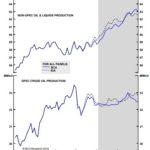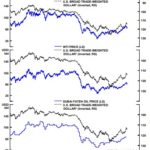By Chris May, CFA, Society Vice President
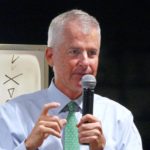
“Where is Osama bin Laden?” was the most common question the intelligence community was asked in the decade following the attacks of September 11th, 2001. Philip Mudd was near the heart of the counterterrorism efforts in his role at the CIA, however, that was not the question that the intelligence community was primarily focused on.
Mudd used this as an example on September 19th, when he presented to a full house at Shindig in Minneapolis. His discussion focused on the aspects of analytic decision making with a lens towards ‘thinking backwards,’ as he calls it. Of primary consequence in thinking backwards is the importance of getting the question right. Mudd implied, rather grimly, that had the CIA focused on bin Laden instead of the more important question of how to protect Americans, the results for our country may have been different.
Beginning with the right question requires the analyst to understand the objective at hand. While this may seem obvious Mudd again used his experience in counter-terrorism to illustrate the point. In the summer of 2002, he was asked to provide President George W. Bush with a briefing. At the conclusion of his briefing, the President asked Mudd, what action he would recommend. At this juncture, Mudd recognized his error. He assumed his job was to update the President on a developing situation with all of the key facts. However, in retrospect, he came to realize that the President needed to understand how to act in accordance with those facts. The real question was – How serious is the threat and what actions should be taken? In light of that, he needed to present a different type of a briefing.
The analyst should present the decision maker, not with key facts, but rather with a ‘decision advantage.’ This is the core of thinking backward. Mudd laid out six steps to thinking backward and related that concept to everyday decision making (such as buying a car or house).
- Define the objective
- Determine the right question (typically a “How” question)
- Determine 6-10 key characteristics (drivers in Mudd’s parlance)
- Assign metrics
- Encourage an outside view to identify vulnerabilities
- Meet regularly and use metrics to drive honest conversation
When done appropriately, thinking backward allows an analyst to appropriately assess a situation and contextualize the relevant information for a decision maker. Mudd believes that this is the key distinction between an expert and an analyst.
For those interested in learning more Philip Mudd authored the 2015 book – The Head Game
Mudd can also be found on YouTube providing a similar talk for those that missed this event:
Books referenced during the discussion:
Thinking, Fast and Slow by Daniel Kahneman
The Gatekeepers: How the White House Chiefs of Staff Define Every Presidency by Chris Whipple






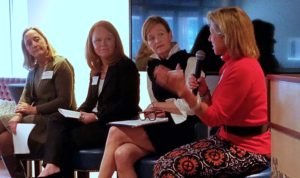 On April 16, CFA Society Minnesota hosted a panel discussion with prominent women in the financial services industry. Abbot Downing’s Deputy Chief Investment Officer, Carol Schleif, CFA moderated the event as panelists shared their unique experiences, concerns over the industry’s lack of diversity and career advice to young professionals.
On April 16, CFA Society Minnesota hosted a panel discussion with prominent women in the financial services industry. Abbot Downing’s Deputy Chief Investment Officer, Carol Schleif, CFA moderated the event as panelists shared their unique experiences, concerns over the industry’s lack of diversity and career advice to young professionals.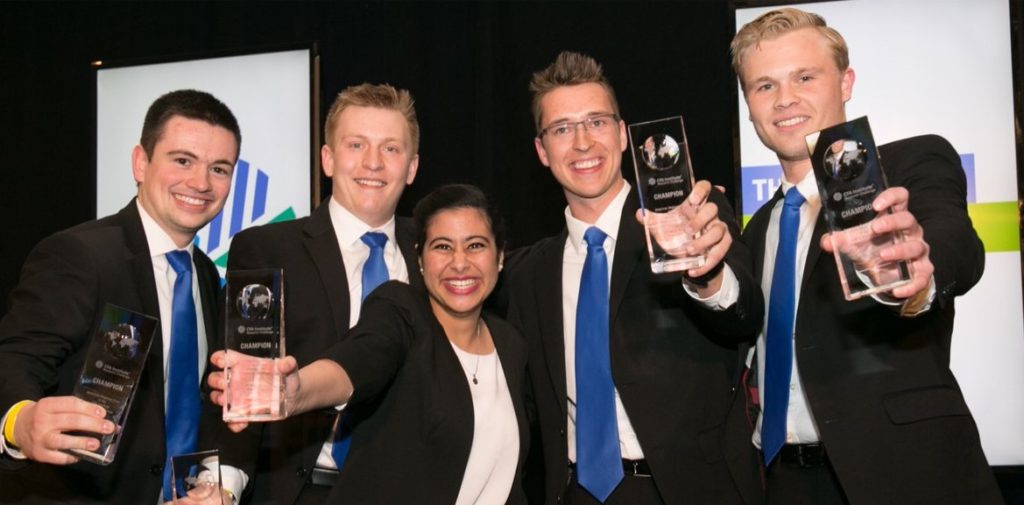 University of Minnesota Duluth seniors Ryan Woitalla, Reed Leonidas, Nawal Mirza, Frank Takkinen and Ryan Kimbrel earned an opportunity of a lifetime last month by winning one of the two sub-regions of the CFA Institute Research Challenge – Americas competition on March 19-20. The team, all members of UMD’s Financial Markets Program, are led by program director Joe Artim.
University of Minnesota Duluth seniors Ryan Woitalla, Reed Leonidas, Nawal Mirza, Frank Takkinen and Ryan Kimbrel earned an opportunity of a lifetime last month by winning one of the two sub-regions of the CFA Institute Research Challenge – Americas competition on March 19-20. The team, all members of UMD’s Financial Markets Program, are led by program director Joe Artim. Christopher Young, CFA is a Senior Investment Manager for Wells Fargo Wealth Management and a volunteer for our local Research Challenge competition. He traveled to Boston for last month’s Americas Regional and wrote this first-person account of UMD’s success.
Christopher Young, CFA is a Senior Investment Manager for Wells Fargo Wealth Management and a volunteer for our local Research Challenge competition. He traveled to Boston for last month’s Americas Regional and wrote this first-person account of UMD’s success.